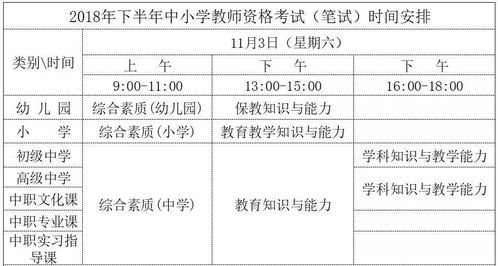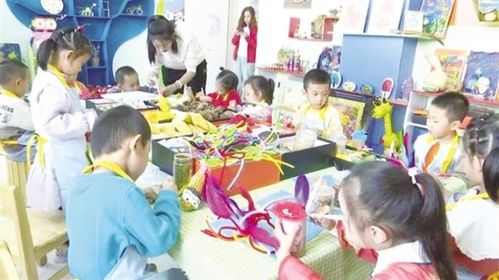Title: Early Childhood Education for Poultry in English
Early Childhood Education for Poultry in English
Early childhood education for poultry involves laying a strong foundation for young birds to thrive and develop essential skills. Just like human children, young poultry benefit from exposure to language and stimuli early on. Let's explore some effective methods for incorporating English language learning into the care and development of poultry.
Start by engaging with your poultry in English from the moment they hatch. Regularly speak to them in a calm and gentle tone. This helps them become familiar with the sounds and cadence of the English language.
Read aloud to your poultry from English books or articles. Choose materials with simple vocabulary and colorful illustrations. The rhythm of your voice and the varied sounds of English words will capture their attention and stimulate their auditory senses.
Introduce poultryspecific vocabulary during feeding times or while conducting routine care tasks. For example, use words like "feed," "water," "roost," and "nest" as you interact with them. Repetition is key to reinforcing these words in their minds.
Create simple games or activities that encourage your poultry to respond to English commands. For instance, teach them to come when called by using phrases like "Come here, chickens!" or "Time for treats!" Use positive reinforcement, such as treats or praise, to reinforce their responses.

Label various objects and areas within their environment with English words. Attach labels to their food and water containers, coop entrances, and nesting boxes. This helps associate words with specific objects and locations, enhancing their comprehension.
Play English nursery rhymes or songs in the vicinity of your poultry. The rhythmic patterns and repetitive lyrics are not only entertaining but also aid in language acquisition. Sing or hum along to familiarize them with the sounds of English.
Encourage socialization with other Englishspeaking animals or humans. Interaction with different individuals exposes them to varied accents and speech patterns, broadening their understanding of the language.
Consistency is crucial in any educational endeavor. Make English language exposure a regular part of their daily routine. Be patient and understanding, as learning takes time, especially for young birds.
In conclusion, early childhood education for poultry in English can significantly benefit their cognitive development and adaptability. By incorporating these strategies into their care regimen, you can create a stimulating environment that fosters language learning and enriches their overall wellbeing.
Remember, the key is to make learning enjoyable and engaging for your feathered friends!











